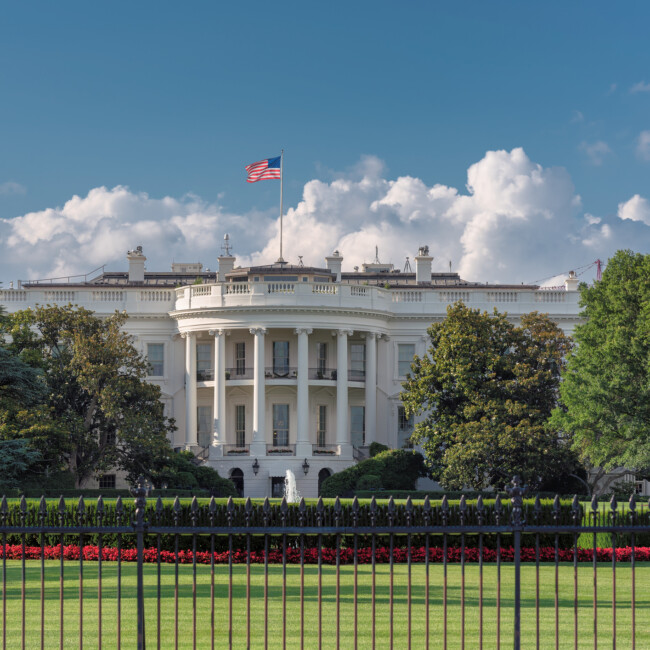The United States has identified the need to divest from traditional hydrocarbons as a source of energy and invest in low-carbon alternatives, with consequences for both domestic and foreign policy. Part of this investment includes spurring domestic development, production, and incentivizing businesses and citizens alike to participate in the transition. Pursuing this course, in effect by subsidizing the transition with hundreds of billions of dollars, the US has encountered friction abroad and at home. Abroad, differences have emerged as low-carbon technology has become a new frontier of competition with not only potential adversaries but also allies and partners, including the European Union. At home, the politicization of the “green” transition has allowed the energy issue to be hijacked by identity politics and deepening divisions among regions and political parties. This seminar considers the low-carbon trajectory and policies of the United States, and the effects that such policies have within broader trends, such as competition between states and domestic political economic issues.
This event is a part of a research series on the characteristics of the US role in global politics organized by the Center on US Politics and Power at FIIA.


